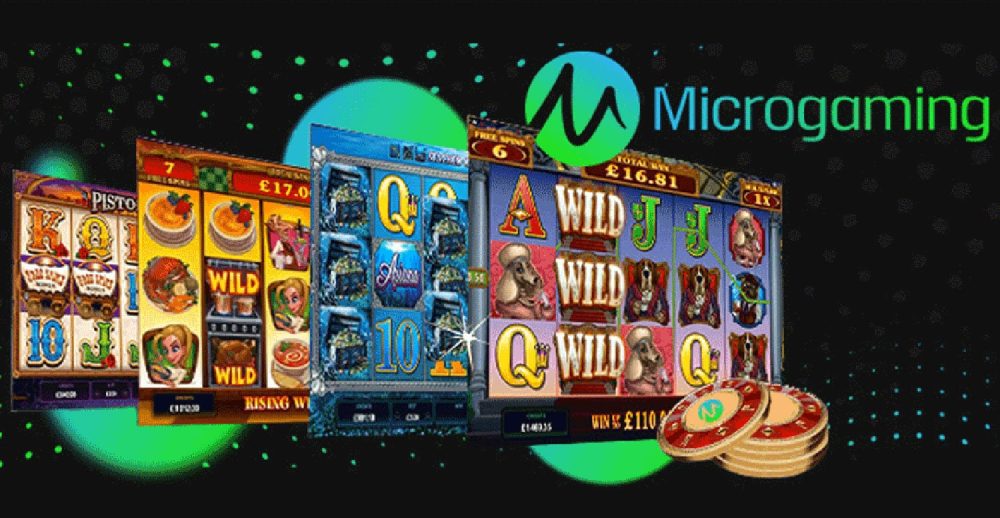Virtual gambling has ceased to be a shadow of land-based establishments; now it is the digital segment that dictates the rules. In this transformation, blockchain technology in online casinos plays a key role: not as a flashy marketing move, but as a working tool that changes the architecture of processes. The technology takes the industry out of the gray zone and creates a new standard — transparent, fast, without intermediaries.
How Blockchain in Online Casinos Affects Player Trust
Before the advent of blockchain in online casinos, the industry suffered from chronic mistrust. Players suspected platforms of manipulating results, inflated odds, and hidden fees. The distributed ledger technology changed the rules of the game. Every spin, bet, and win are now recorded in a chain of blocks where editing or deletion is not possible.

The technology ensures full event verification without operator intervention. Smart contracts define all game parameters — from generating random numbers to distributing winnings. This allows platforms to prove fairness and enables players to verify the outcome independently.
How Blockchain Works in Online Casinos
 The digital wallet connects directly to the platform. Funds do not transfer to the casino’s accounts — they remain in the player’s balance until the moment of the bet. A smart contract locks the amount and activates the game. In case of a win, the contract automatically transfers the payout to the wallet. Manual confirmation or intermediaries are not involved. At the core are decentralized oracles. They generate results using manipulation-resistant algorithms.
The digital wallet connects directly to the platform. Funds do not transfer to the casino’s accounts — they remain in the player’s balance until the moment of the bet. A smart contract locks the amount and activates the game. In case of a win, the contract automatically transfers the payout to the wallet. Manual confirmation or intermediaries are not involved. At the core are decentralized oracles. They generate results using manipulation-resistant algorithms.
For example, Chainlink VRF applies verifiable random functions, excluding operator influence. Thanks to this approach, blockchain eliminates the concept of “trust,” replacing it with algorithmic logic.
How Blockchain Improves Online Casino Operations: Benefits
The extensive integration of distributed ledger technology has reshaped the internal economy of gambling platforms. From an abstract trend, this technology has evolved into a source of measurable business benefits.
Online casinos that have integrated blockchain technology have seen growth in the following metrics:
- Increase in player trust — a 58% decrease in deposit refusals with an open smart contract;
- Reduction in audit costs — up to $100,000 in savings annually due to transaction transparency;
- Faster payouts — up to 90% of transactions credited within 3 minutes using Layer 2 solutions;
- Increase in player lifetime value — average retention period increased from 3.2 to 5.6 months;
- Reduction in operational risks — chargeback situations are completely eliminated;
- Attraction of institutional partners — decentralization simplifies investor and brand entry.
Analytics confirms that the implementation of this technology in online casinos brings sustainable improvements in key metrics. Results are recorded in both user activity and platform cost structure.
Features of Crypto Casinos
Crypto casinos have become a standalone segment independent of banking gateways. These platforms process transactions faster and cheaper: the Ethereum network fee during peak times is $1.2–$4, while bank fees can reach 5% of the amount.
Some projects, such as BC.Game and Stake, have shown a 240% increase in audience over a year thanks to simplified registration, fast withdrawals, and the option for anonymous play. Blockchain remains the connecting link in online casinos, ensuring instant bet recording and transparency of RTP algorithms.
NFT in iGaming: How It Works
NFTs have evolved beyond just digital images. In iGaming technologies, non-fungible tokens acquire functional significance.
Gaming items, avatars, bonuses, and even account levels are now issued in NFT format. The Rollbit platform has launched a collection where each NFT provides a unique refund coefficient. Players gain ownership of an asset that retains value beyond a specific casino.
NFTs operate on the blockchain, enhancing personalization and engagement. The gaming experience becomes investment-oriented — a token can appreciate in value or generate passive income if it represents a percentage of the casino’s commission.
Regulation of Blockchain Casinos
Jurisdictions approach the regulation of blockchain casinos differently. For example, Curacao and Malta allow the licensing of smart contracts provided the code is open and audited. Meanwhile, Germany and France require full user identification, complicating cryptocurrency operations.
Companies adapt the platform architecture by separating the client-side and blockchain backend, integrating external KYC services (e.g., Sumsub), and creating DAO structures where regulation is community-supported.
In such conditions, blockchain becomes not only a technology but also a legal argument — transparent code can replace numerous regulatory reports and procedures.
Future Prospects of Blockchain in Gambling
The online gambling market reached $95.05 billion in 2024, according to Statista, and continues to grow at an average of 11% annually. Against this backdrop, blockchain in online casinos is no longer an experiment but a cornerstone of the business model.
The technology opens access to new geographies and audiences. For example, in Latin American countries, over 67% of users do not have bank accounts but use cryptocurrencies. Blockchain provides these users with equal access to platforms, bypassing banking restrictions.
Furthermore, behavior and betting analytics collected through on-chain data allow casinos to create more precise offers. Platforms apply AI algorithms on top of blockchain to create adaptive advertising, personalized bonuses, and progressive odds.
Blockchain in Online Casinos: What Awaits Us in the Future
The further development of the technology is closely linked to DeFi and DAO. Platforms like ZKasino are already implementing models where users not only play but also own a part of the casino. Tokenomics enable players to receive a share of profits and participate in game rule voting.
The development of Layer 2 solutions (Polygon, Arbitrum, Optimism) addresses the issue of high transaction costs and expands scalability possibilities. This opens the door to micro-bets and millisecond payouts that were previously impossible.
Integration with metaverses is the next logical step. Platforms move the casino interface into a 3D space where NFT assets, cryptocurrencies, and blockchain infrastructure merge into a unified gaming experience.

Blockchain in Online Casinos: Conclusions
 Transparency, high transaction speed, and decentralization are replacing old schemes with hidden fees and closed logic.
Transparency, high transaction speed, and decentralization are replacing old schemes with hidden fees and closed logic.
The technology provides players with confidence, platforms with control, and regulators with a transparent digital trail. With the development of NFTs, DeFi, and VR, one thing is clear: blockchain in online casinos is the future of the industry.
 en
en  ru
ru  de
de  ar
ar  es
es  nl
nl  fr
fr  it
it  pt
pt  hi
hi  el
el 









